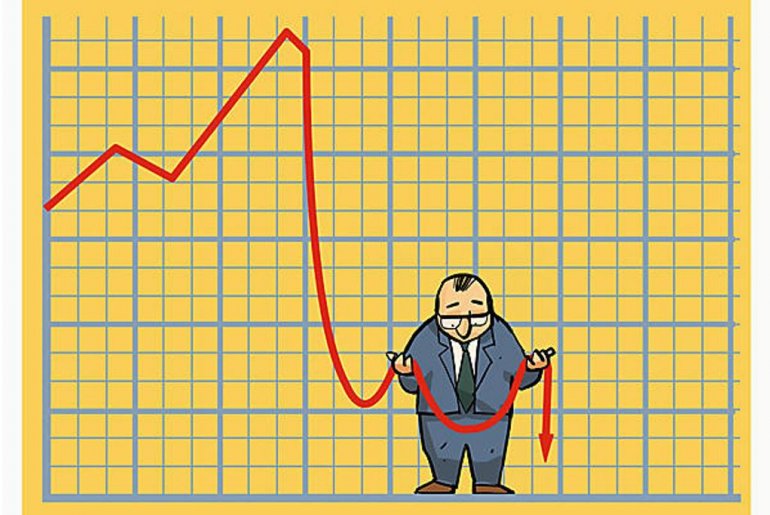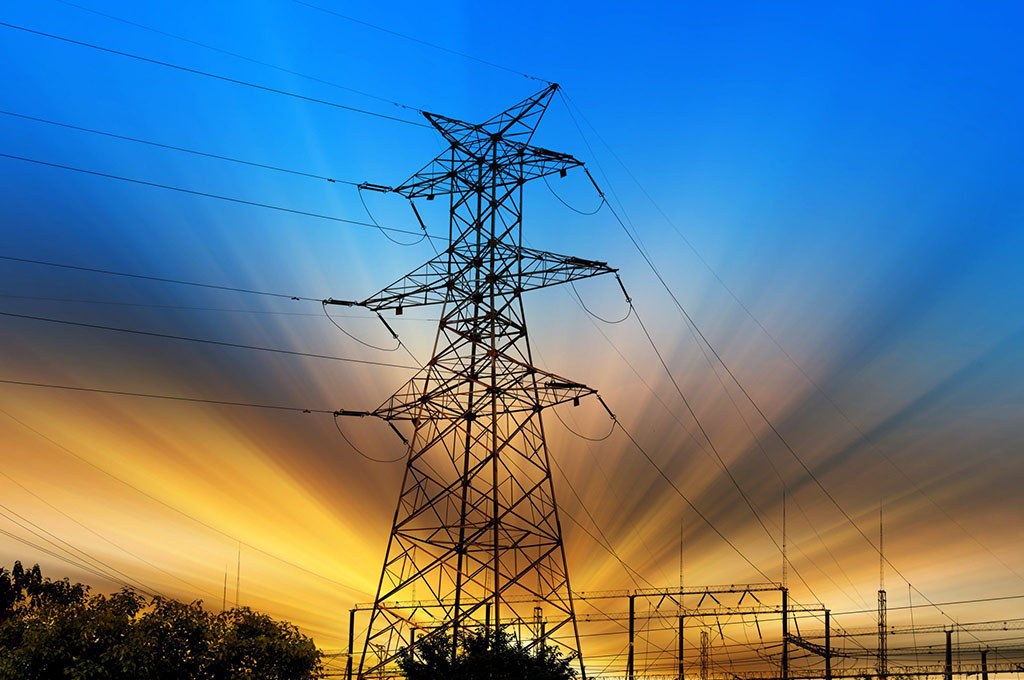 THE SILVER lining in the recent financial market turbulence has been thecontinued decline in the price of oil, which is down about 25 percent since June. In addition to creating a windfall for U.S. consumers — one analysisreckoned the savings could amount to $600 per household — the drop, if sustained, will place considerable pressure on three problematic petrostates: Russia, Iran and Venezuela. The aggressively anti-American foreign policies pursued by all three countries in recent years have been financed in large part by soaring oil revenue.
THE SILVER lining in the recent financial market turbulence has been thecontinued decline in the price of oil, which is down about 25 percent since June. In addition to creating a windfall for U.S. consumers — one analysisreckoned the savings could amount to $600 per household — the drop, if sustained, will place considerable pressure on three problematic petrostates: Russia, Iran and Venezuela. The aggressively anti-American foreign policies pursued by all three countries in recent years have been financed in large part by soaring oil revenue.
Though separated by culture and continent, the regimes of Vladimir Putin, Ali Khamenei and Nicolás Maduro have in common autocratic government and ambitions to dominate their regions. More than half of their state budgets come from petroleum exports, and their spending plans depend on high prices: $100 a barrel in the case of Russia, $120 for Venezuela and $140 for Iran, according to the Economist. Last week, benchmark Brent crude was selling for just $85 a barrel, while Venezuela’s heavy oil dropped below $80, according to the VenEconomía Web site.
The falling prices could compound the effect on Iran and Russia of international sanctions. Iran, which lost some 45 percent of its oil revenuein the past two years, has been able to increase its exports and return to economic growth under an interim agreement on its nuclear program. That advance could be nullified by the drop in prices, which in turn could increase the pressure on the regime to strike a long-term nuclear agreement with a U.S.-led coalition by a late-November deadline.
Mr. Putin has embarked on an expensive military adventure in Ukraine, but his finance minister warned this month that the country can no longer afford an ambitious 10-year defense spending plan — not to mention promised social spending. As the Kremlin well knows, a drop in oil prices during the early 1980s helped bring about the collapse of the Soviet Union. While he has yet to give up his ambitions in Ukraine, the Russian ruler may soon have to cope with a domestic economic recession and the unrest it could provoke.











